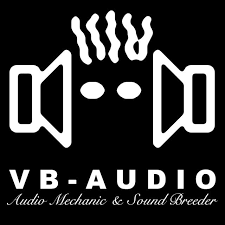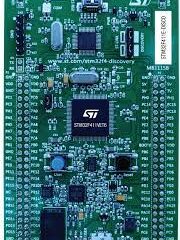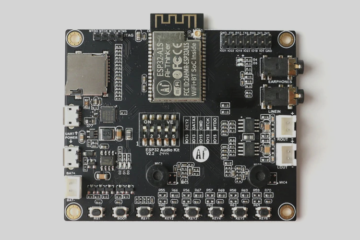Arduino
Pure Data (PD) and AudioTools
Pure Data (or just “Pd”) is an open source visual programming language for multimedia. Pure Data is developed by Miller Puckette since 1996 and you can find it on his official website along with the official documentation and other related resources. I wanted to have the possibility to run PD patches on microcontrollers. In order to achieve this I am using the hvcc hcompiler that can translate a pd file to c and c++ code. Read more…






